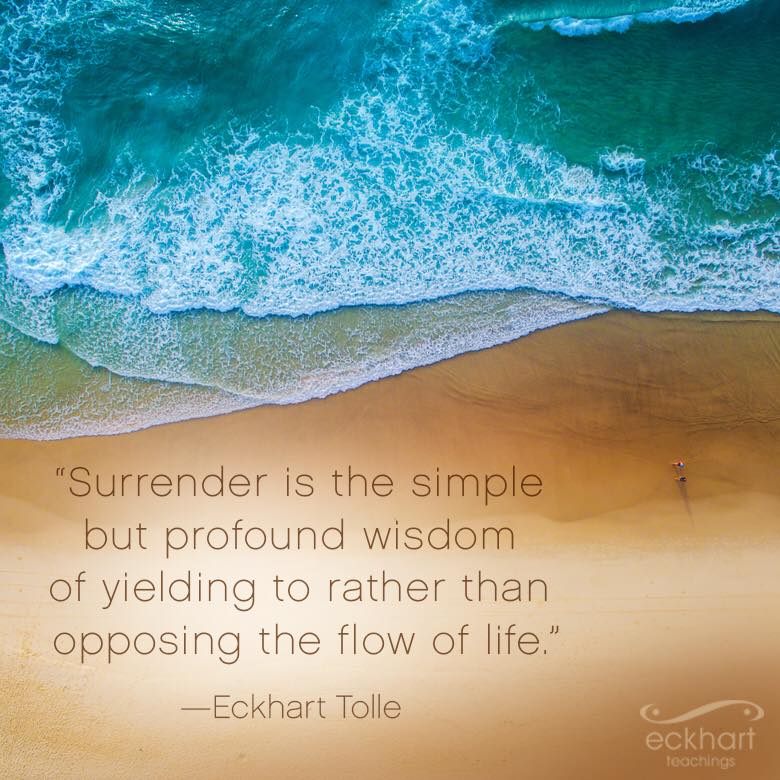More on the topic of healing emotion consciously...
Emotions are considered physiological phenomena, and that’s the sense in which I use the term. By definition, then, we have no more control over them than we do the function of an organ or the flow of blood. Our reaction to our physiology, however, I posit that we do.
Following a session of this work, I recommend “neither attaching stories [to] nor suppressing” any emotion which might happen to arise. (Important disclaimer: as you know, this recommendation is spoken as a layperson rather than a mental health worker. There may be instances where this advice doesn’t pertain, and, as always, I sincerely urge you to follow your own guidance and that of your healthcare practitioners.)
It’s probably easy for most of us to understand suppression, since we’re all undoubtedly aware of the ways in which we each tend to do it: entertainment and distractions, stimulants and addictions of all sorts, projection onto others, and so on—all of the different ways that we numb ourselves to feelings.
“Attaching stories” may be a less familiar concept. By this I mean the interpretations we make of experiences of emotion. Here’s an example: Someone cuts me off in traffic and I have a flash of anger (emotions themselves are purported to last less than 90 seconds). Option 1: recognize that my anger is entirely my own and that I know nothing of the experiences, needs, and motivations of the other person (who, for all I know, could be racing a passenger to an emergency room, who made an error they already regret, or so on). Option 2: allow the conditioned mind to think unfettered thoughts of having been slighted, persecuted, targeted, unskilled or so on, and thereby “pile on” and perpetuate the feelings.
We seem to have as little control over our mental reactions as we do over the physical ones. However, we can notice our reactions and choose to redirect them. Example: Thoughts like “That inconsiderate jerk just cut me off. Do they think they own the road?” can be replaced by “Wow, that brought up some anger for me, and it’s interesting that I’m also feeling a little unworthy right now, too. OK, that's mine. Who knows what might be going on for the other driver? I know I routinely make mistakes, and have been rude before despite my best intentions. May we all be well and may we all be at peace.” —I don’t believe it’s important to name any given emotional experience, btw; just to observe. I do know it can sometimes be helpful, however, to ask oneself “What am I feeling and what am I thinking right now?” (without necessarily seeking an answer).
There are many things I and others can suggest to help provide ease—so many that I’ve just started an “Integration Tips” mailing list to that end. You can find the archive-to-be here, where you can also subscribe to receive the tips via email.
Let us all stay present for our healing! I delight in your companionship on this journey.
Emotions are considered physiological phenomena, and that’s the sense in which I use the term. By definition, then, we have no more control over them than we do the function of an organ or the flow of blood. Our reaction to our physiology, however, I posit that we do.
Following a session of this work, I recommend “neither attaching stories [to] nor suppressing” any emotion which might happen to arise. (Important disclaimer: as you know, this recommendation is spoken as a layperson rather than a mental health worker. There may be instances where this advice doesn’t pertain, and, as always, I sincerely urge you to follow your own guidance and that of your healthcare practitioners.)
It’s probably easy for most of us to understand suppression, since we’re all undoubtedly aware of the ways in which we each tend to do it: entertainment and distractions, stimulants and addictions of all sorts, projection onto others, and so on—all of the different ways that we numb ourselves to feelings.
“Attaching stories” may be a less familiar concept. By this I mean the interpretations we make of experiences of emotion. Here’s an example: Someone cuts me off in traffic and I have a flash of anger (emotions themselves are purported to last less than 90 seconds). Option 1: recognize that my anger is entirely my own and that I know nothing of the experiences, needs, and motivations of the other person (who, for all I know, could be racing a passenger to an emergency room, who made an error they already regret, or so on). Option 2: allow the conditioned mind to think unfettered thoughts of having been slighted, persecuted, targeted, unskilled or so on, and thereby “pile on” and perpetuate the feelings.
We seem to have as little control over our mental reactions as we do over the physical ones. However, we can notice our reactions and choose to redirect them. Example: Thoughts like “That inconsiderate jerk just cut me off. Do they think they own the road?” can be replaced by “Wow, that brought up some anger for me, and it’s interesting that I’m also feeling a little unworthy right now, too. OK, that's mine. Who knows what might be going on for the other driver? I know I routinely make mistakes, and have been rude before despite my best intentions. May we all be well and may we all be at peace.” —I don’t believe it’s important to name any given emotional experience, btw; just to observe. I do know it can sometimes be helpful, however, to ask oneself “What am I feeling and what am I thinking right now?” (without necessarily seeking an answer).
There are many things I and others can suggest to help provide ease—so many that I’ve just started an “Integration Tips” mailing list to that end. You can find the archive-to-be here, where you can also subscribe to receive the tips via email.
Let us all stay present for our healing! I delight in your companionship on this journey.


 RSS Feed
RSS Feed